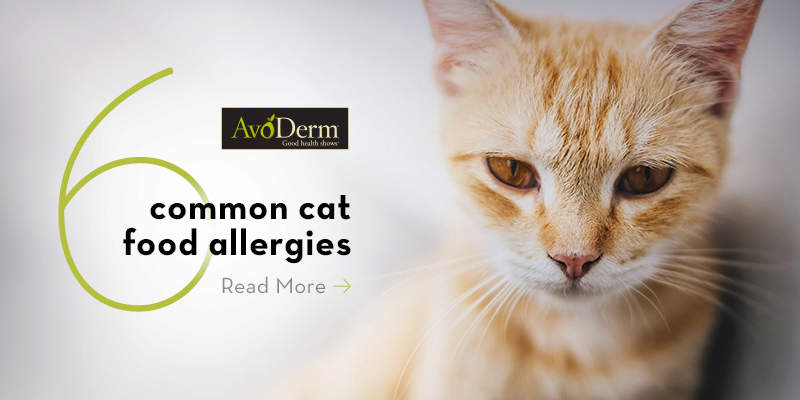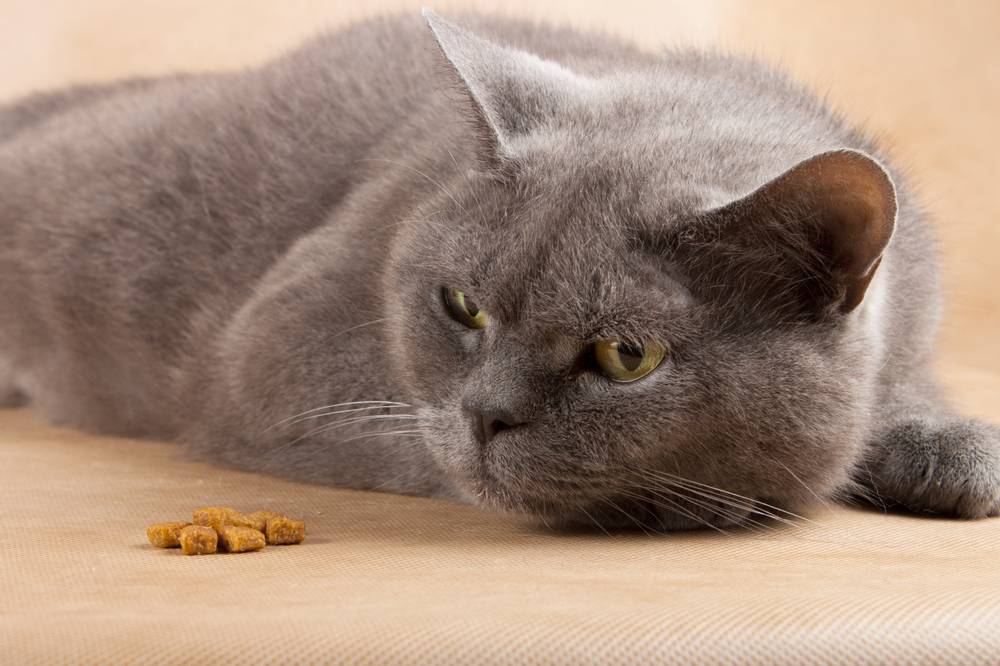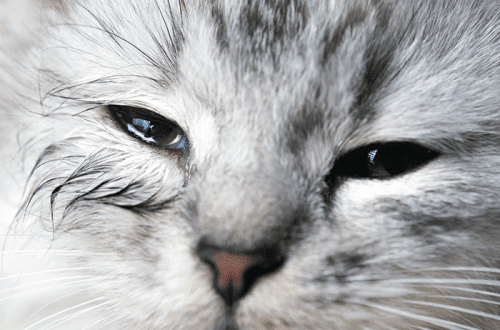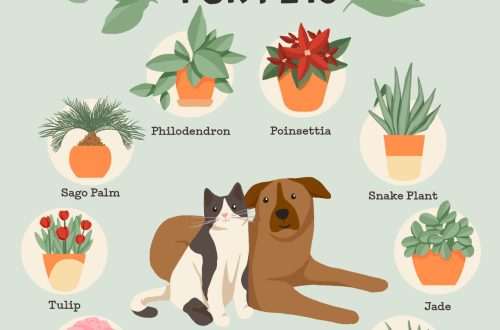
Food allergies in cats

Allergens in this case are food components: most often these are proteins and much less often preservatives and additives used in the preparation of feed. According to research, the most common allergic reactions are beef, milk, and fish proteins.
Causes and symptoms
The causes of occurrence are not fully understood, it is believed that there is a genetic predisposition. For example, Siamese cats are more likely to suffer from food allergies than other breeds.
Infection with round helminths can also provoke an allergic reaction in predisposed individuals.
Symptoms of food allergy are very diverse, but the main manifestation of the disease is itching of the skin of varying degrees of intensity, which manifests itself constantly, without seasonal variability. The cat may scratch certain areas, such as the head, neck, ears, or the itching will be generalized.
Gastrointestinal symptoms such as frequent bowel movements, diarrhea, gas, and occasional vomiting may be present. Often, food allergies are complicated by secondary bacterial or fungal infections of the skin, leading to additional lesions and increased itching. Food allergies can occur at almost any age, but are more common in middle-aged cats.
Diagnostics
The only reliable diagnostic method is an elimination diet followed by provocation. However, clinically, food allergies in cats can be indistinguishable from other allergies and other itchy skin conditions. Therefore, diagnosis always begins with the exclusion of parasitic diseases, namely demodicosis, infection with scabies mites, lice, and fleas. For example, a cat has scabies, and the clinical manifestations will be very similar to a food allergy, and no matter how we change the diet, the itching will still persist, since it’s not the food at all, but the infection with the scabies mite.
Itching of the skin will also occur with secondary infections or with dermatophytosis (lichen), so before starting an elimination diet, you need to make sure that all infections are under control or cured. It is also important to carry out regular flea treatments so that during the diet you can be sure that the reaction to flea saliva is not the cause of itching.
Diet for food allergies
It is important not just to change food, but to choose food with new sources of proteins and carbohydrates. To do this, a list of all the foods that the cat has eaten before in her life is usually compiled, and something new is selected. For example, a cat has never tried duck meat, which means that this component is suitable for an elimination diet. An elimination diet can be self-prepared, or diets with limited protein and carbohydrate sources or medicated diets based on hydrolysed proteins can be used.
The choice of diet is carried out together with the veterinarian and depends on the history of the life and illness of the cat, the capabilities of the owner, the living conditions of the pet. The duration of the elimination diet is 8-12 weeks. If during this time the itching has significantly decreased or disappeared completely, then the previous diet is returned and the itching is assessed. If the itching recurs on the old diet, then the diagnosis of a food allergy is confirmed. It remains only to exclude allergens from the cat’s diet, and the problem will be solved.
But, unfortunately, everything is not so simple. Cats may refuse to eat a new type of food, steal from the table, eat the food of other cats, etc. Therefore, it is sometimes necessary to repeat the elimination diet.
Some cats with food allergies may develop sensitivity to other proteins over time. Food allergy and atopy or flea bite allergy can also often occur together.
It is impossible to cure food allergies, you can only control the symptoms and try to completely eliminate sources of allergens from the cat’s diet.
The management of cats with food allergies consists of proper selection of an allergen-free diet and careful use of treats and vitamins that may contain flavors based on proteins that are allergens for the cat. Secondary infection control and regular flea treatments are important. In especially severe cases, the doctor may prescribe drugs that reduce itching.
The article is not a call to action!
For a more detailed study of the problem, we recommend contacting a specialist.
Ask the vet
25 2017 June
Updated: July 6, 2018





